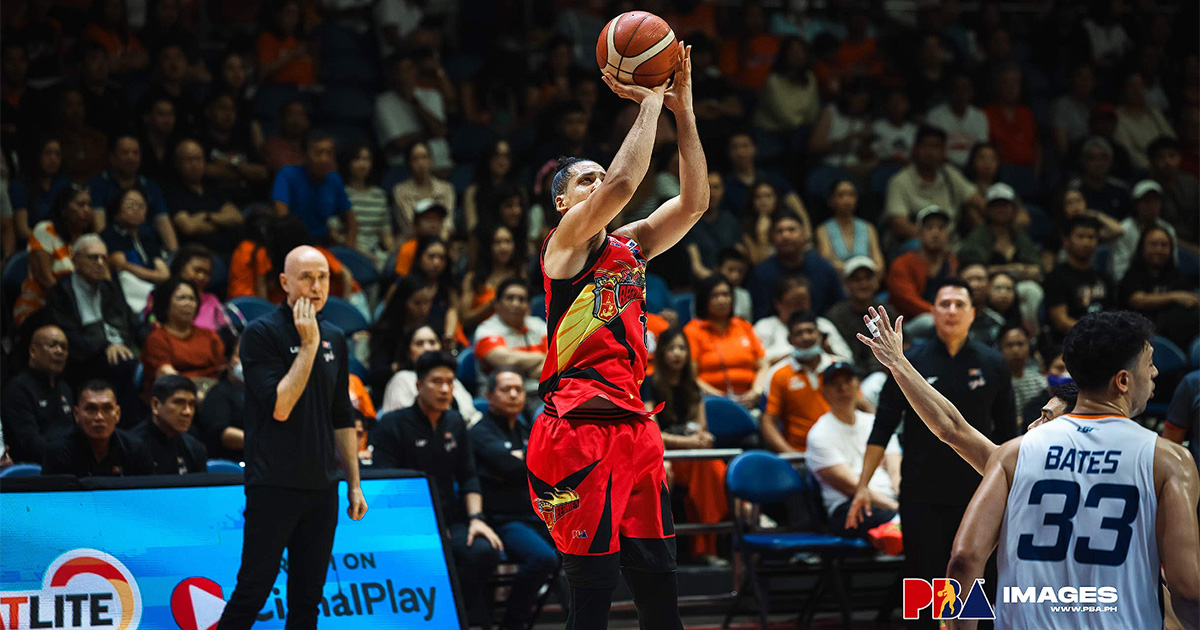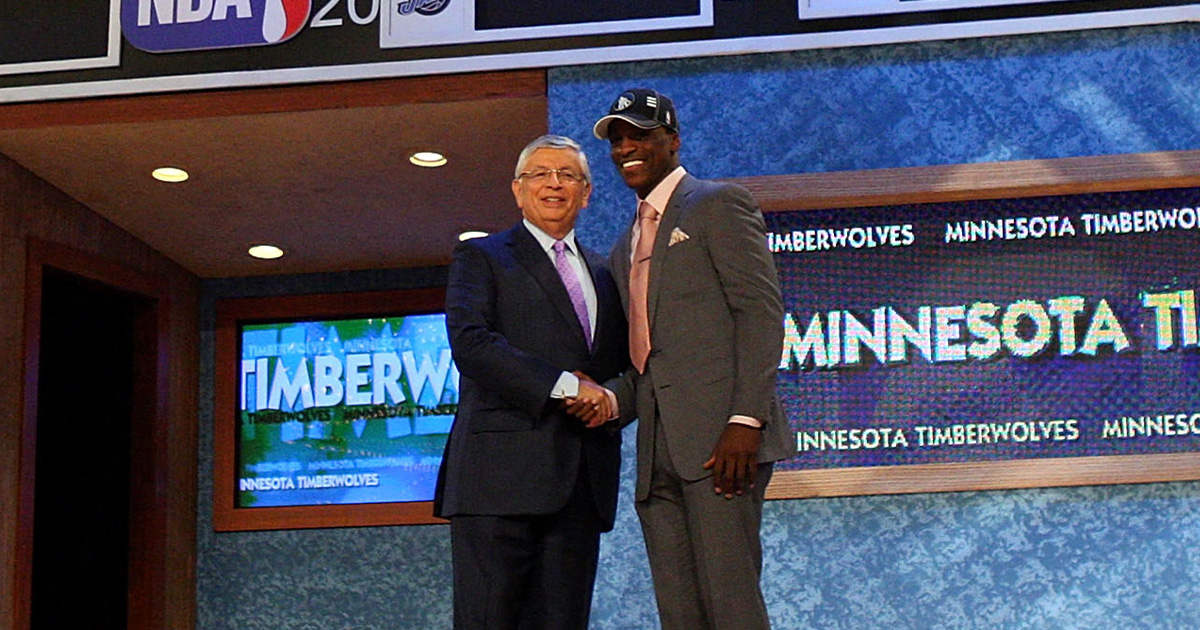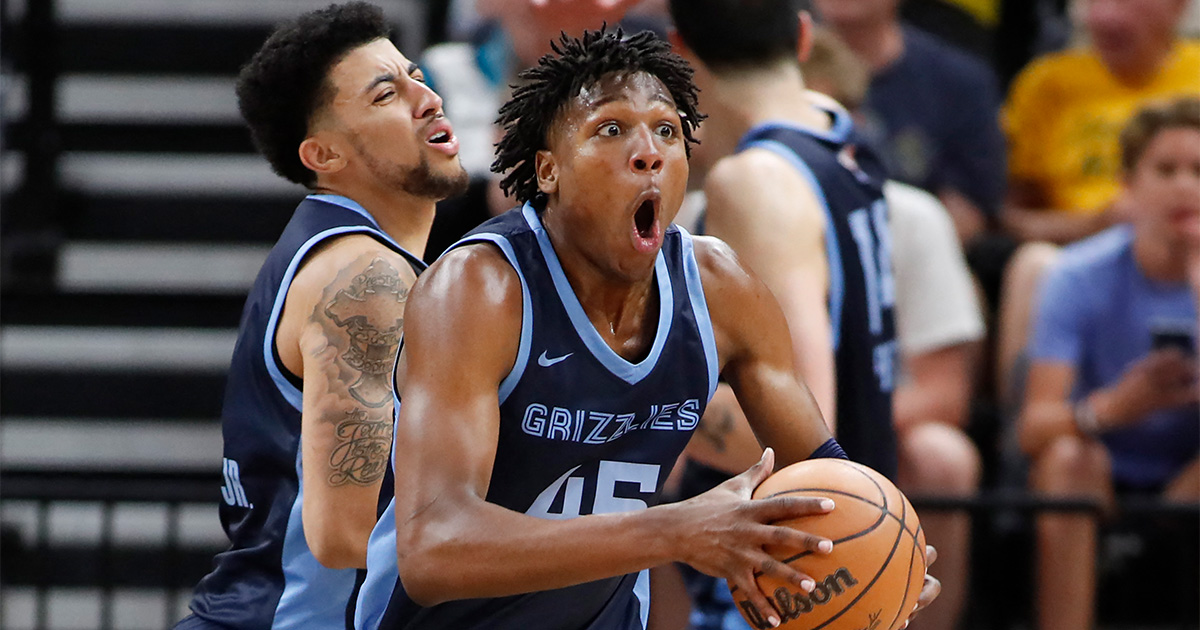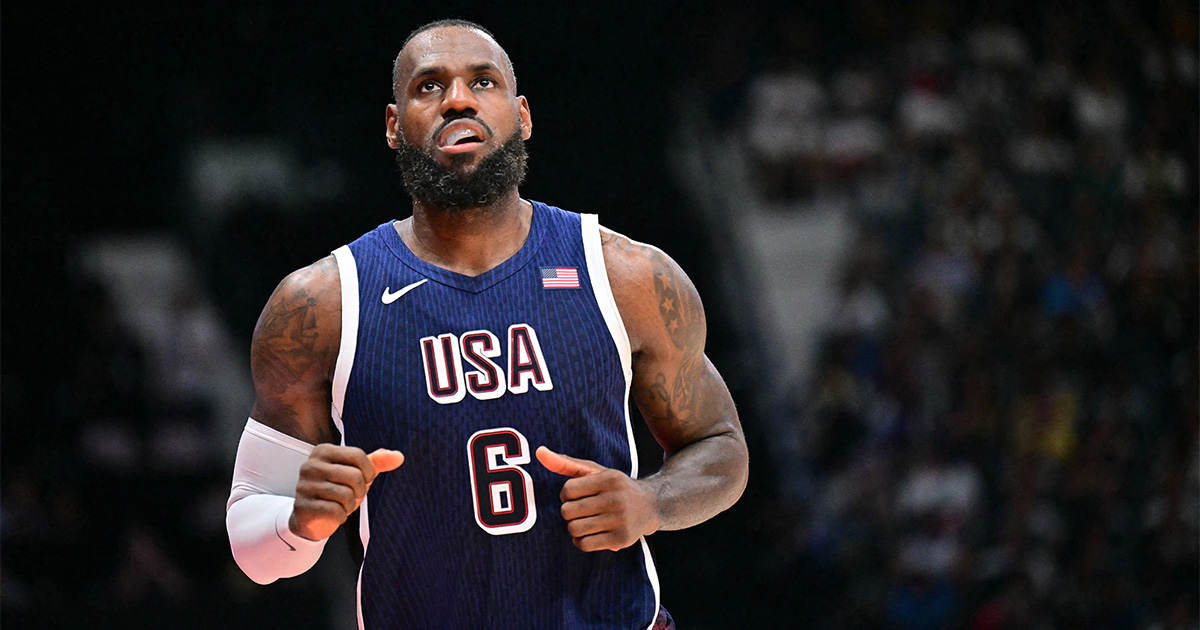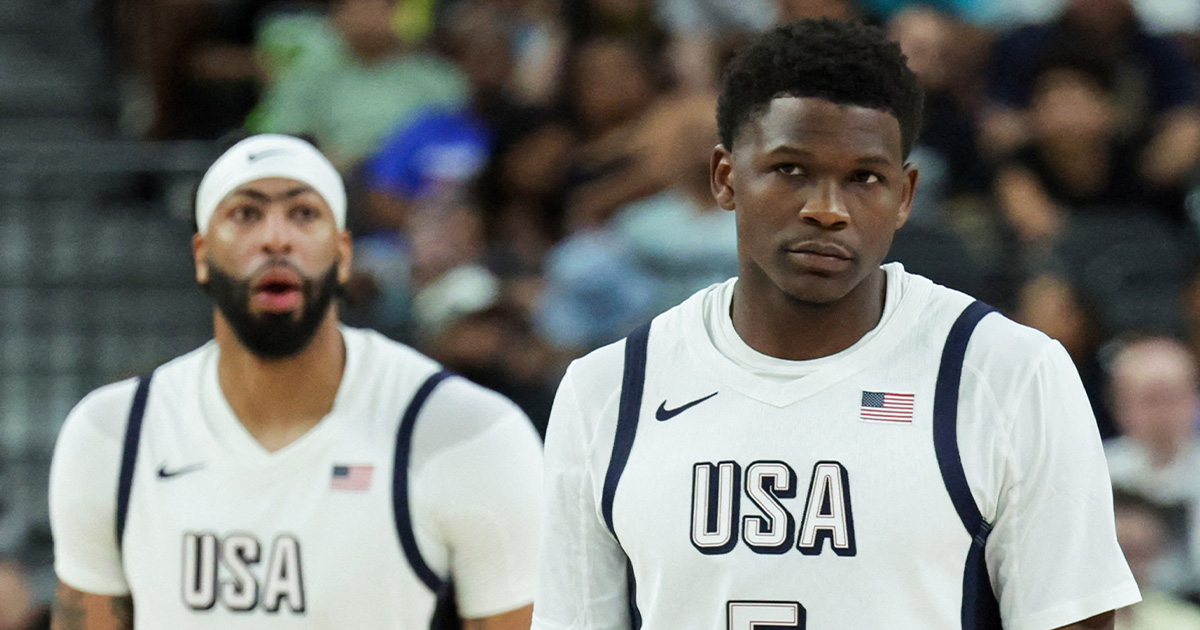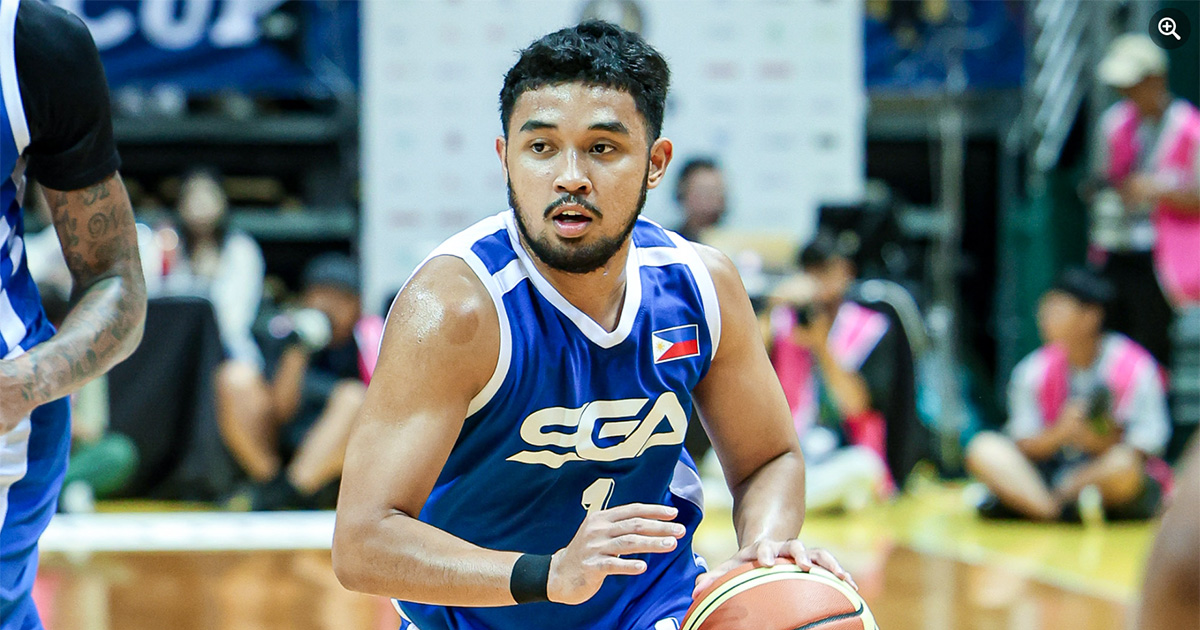After nearly a decade since he coached the Philippine Men’s National Basketball Team, Rajko Toroman is making a return to Philippine basketball. Yet it seems like he never left.
Sure, Toroman had stints in Jordan, China, and Indonesia, who he helped in beating Gilas Pilipinas on the way to clinching the gold medal in the 2021 SEA Games, but he was always in touch with Philippine basketball. Whether it was an informal visit or as an opposing coach, the Serbian was always within reach.
Now, he’s back to lend a hand.
Last week, word came out that Toroman will return to the Philippines as a team consultant for the NCAA’s College of St. Benilde (CSB) Blazers and the Letran Knights. He will also reportedly work with the PBA’s Converge FiberXers under the same title. The specifics of his role with these three teams remain to be seen, but the expectation is that he will provide fresh eyes to these squads that are looking to get over their respective proverbial humps.
The Blazers’ NCAA title drought stands at 23 years while the FiberXers have yet to advance past the quarterfinals in each PBA conference since Dennis Anthony Uy bought the Alaska Aces franchise in March 2022. The wins have been there for CSB and Converge, but what will it take to climb to the top?
Meanwhile, the Knights will look to complete an unprecedented four-peat now that Rensy Bajar has taken the head coaching reins from Bonnie Tan. A number of players have left due to graduation and some other opportunities, but apart from some off-court changes, Letran is still Letran.
Toroman comes into an environment where he will get to offer advice freely. Of course, there will always be politics in Philippine basketball given its stature, but Toroman won’t encounter resistance or anyone looking to take his job.
Toroman joins his former assistant in Charles Tiu, whose coaching career began with the 68-year old, and Aldin Ayo, who has never been afraid to push the limits all in the pursuit of victory. Bajar, meanwhile, is looking to continue a string of successful title runs. That they let Toroman in also goes to show that they wouldn’t want to rest on their laurels.
The Blazers, Knights, and the FiberXers aren’t starting from the bottom, but Toroman’s body of work has shown he can bring some good things regardless of where these squads currently stand. After all, he was the first one to make us believe after the dark ages of Philippine basketball.
Gilas Pilipinas wouldn’t have reached the heights it did (and broke the Korea curse in the 2013 FIBA Asia Championship for Men) if not for him. He took a bunch of fresh college graduates and budding amateurs to major international tournaments, where as Gilas 1.0, they took the fight to the Asian giants of that time. He was the original program builder for the Philippines in this century and the results spoke for themselves.
Toroman’s impact with the Blazers and the FiberXers may not be evident in the onset, but the incremental changes will matter, especially to the players and the organization. It may boil down to fine tuning and some tactical adjustments, which would be what is crucial for CSB and Converge to get over the hump.
Toroman’s teams were deliberate in their approach and the ball typically found its way to the right person at the right time. The individual flair, which is a trait among Filipino perimeter players, remains but it comes out with better results thanks to better opportunities. Besides, Mark Barroca, Jvee Casio, Marcio Lassiter, and even Chris Tiu were able to forge PBA careers thanks to this.
Rajko Toroman will have his hands full in his return to the Philippines, but it goes to show that his magic touch remains in demand at both the collegiate and professional ranks. Filipinos may fondly remember him for his work with Gilas Pilipinas 1.0, but what he does now could be among his greatest works.










